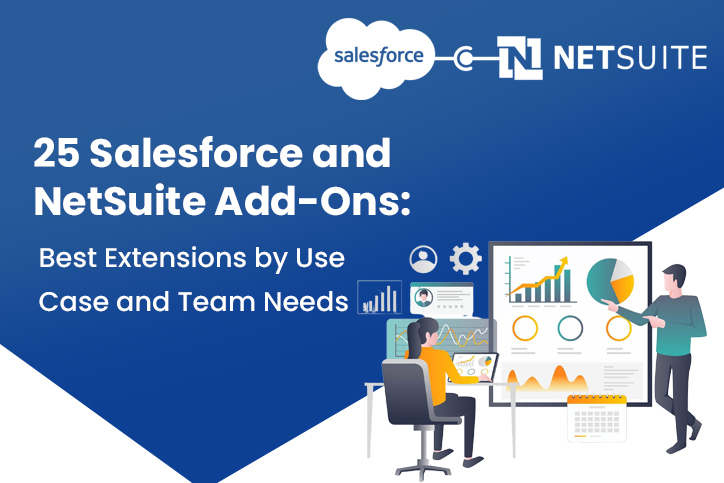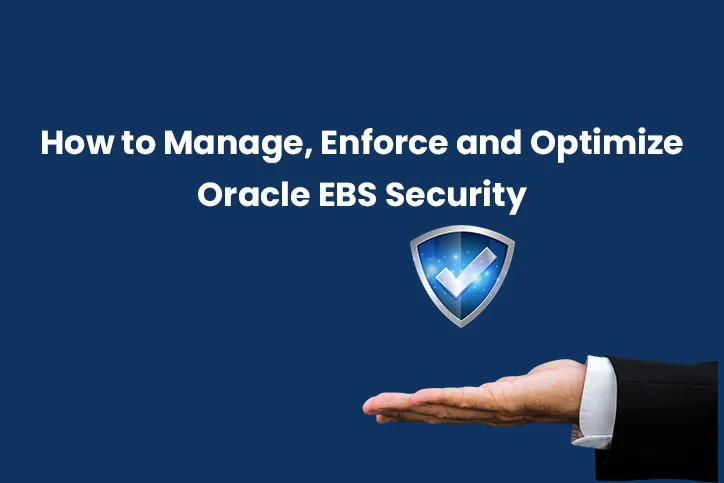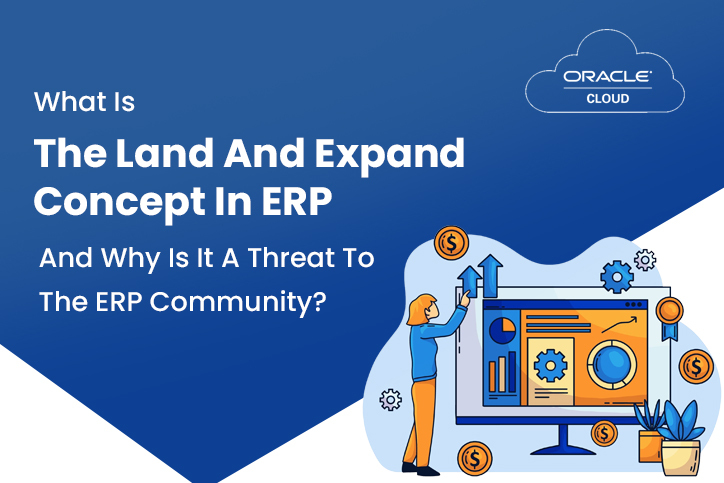25 Salesforce and NetSuite Add-Ons: Best Extensions by Use C...
Salesforce and NetSuite are powerful, but most teams hit limits once volume grows, reporting becomes complex, or processes need tighter control. That is when add-ons become useful. The risk is choosin...
NetSuite
- 01-29-2026
- 49 Reads
- 4 min read
Latest Blogs
How to Manage Enforce and Optimize Oracle EBS Security
As businesses embrace digital transformation, safeguarding Oracle EBS Security and Administration has become more than a regulatory necessity—it is a strategic imperative. Oracle E-Business Suite ...
Oracle
- 04-22-2025
- 316 Reads
- 5 min read
Top Features of Oracle E-Business Suite in 2025: What’s Ne...
Staying ahead in enterprise resource planning (ERP) means keeping up with the latest technological advancements. As businesses demand more agility, security, and efficiency, Oracle E-Business Suite A...
Oracle
- 03-04-2025
- 322 Reads
- 5 min read
Oracle Cloud HCM 25A Release: What’s New?
Unlocking the Latest Innovations in Oracle Cloud HCM HR leaders and business owners know that managing a workforce efficiently is no small task. With the ever-changing demands of recruitment, payroll,...
Oracle
- 02-21-2025
- 810 Reads
- 4 min read
Securing Oracle Databases Against Emerging Cybersecurity Thr...
Cyber threats are getting smarter every day and keeping your Oracle databases secure is not just important but it is must now. Data breaches, ransomware, insider threats and phishing attacks are more ...
Oracle
- 02-14-2025
- 327 Reads
- 4 min read
All About CEMLI Remediation for Oracle EBS 12.2 Upgrade
CEMLI Remediation is a critical step for businesses planning an upgrade to Oracle E-Business Suite (EBS) 12.2. Ensuring a seamless transition while maintaining operational efficiency is essential for ...
ERP Software
- 01-07-2025
- 356 Reads
- 5 min read
How to Save Cost of Running Oracle EBS?
Is Oracle EBS costing your business more than it should? Are you overwhelmed by the growing expenses of running Oracle E-Business Suite (EBS)? While Oracle EBS is a powerful tool for managing enterpri...
ERP Software
- 12-30-2024
- 376 Reads
- 4 min read
Upgrading to Oracle EBS 12.2: New Features, Benefits, &...
Are you considering upgrading to Oracle EBS 12.2 but unsure of what it truly offers? If you have been relying on Oracle EBS 12.1, you are likely weighing the advantages of making this leap. Upgradi...
Oracle
- 12-11-2024
- 579 Reads
- 4 min read
What is Oracle Sustaining Support and Why Should Database Cu...
Oracle Sustaining Support maximizes your investment protection by providing maintenance for as long as you use your Oracle software. It ensures business continuity without forcing you into immediate ...
ERP Software
- 12-03-2024
- 609 Reads
- 4 min read
Extending Oracle Cloud Applications for Your Unique Needs
Oracle Cloud Applications offer businesses more than just powerful software—they provide a versatile foundation that adapts to the distinct needs of any organization. However, out-of-the-box solutio...
ERP Software
- 11-22-2024
- 414 Reads
- 7 min read
Oracle EBS Partners: Your Trusted Path to Business Success
In a world where adaptability defines success, Oracle E-Business Suite (EBS) is more than just software—it’s the backbone of a future-ready business. With an all-in-one suite designed to streamlin...
Oracle
- 11-06-2024
- 447 Reads
- 6 min read













